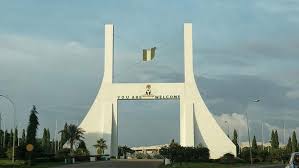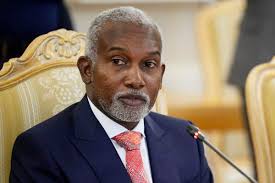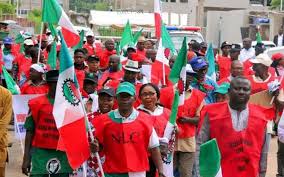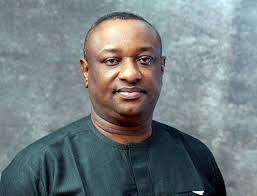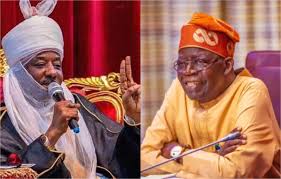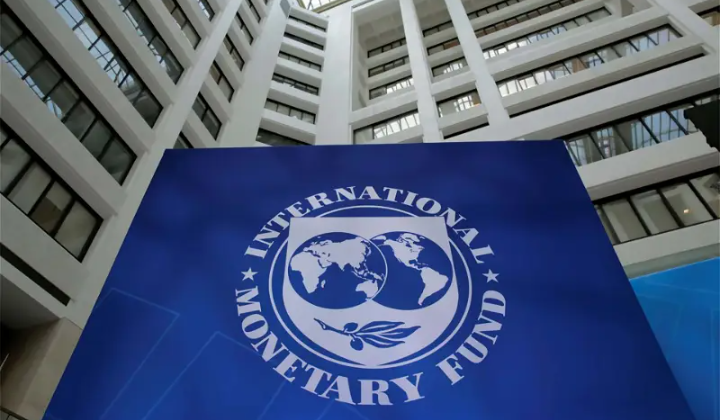The Federal Ministry of Humanitarian Affairs and Poverty Reduction has described as fake the purported Federal Government’s N50,000 Child Support Grant for all Nigerian Parents trending on social media. Mrs Rhoda Iliya, the Director of Information in the ministry, in a statement on Saturday in Abuja described the information as fake. The statement cautioned parents …
